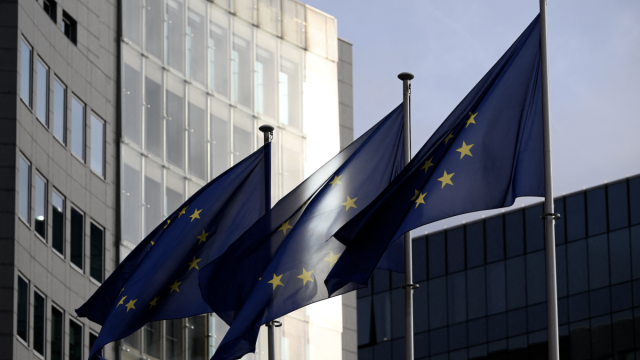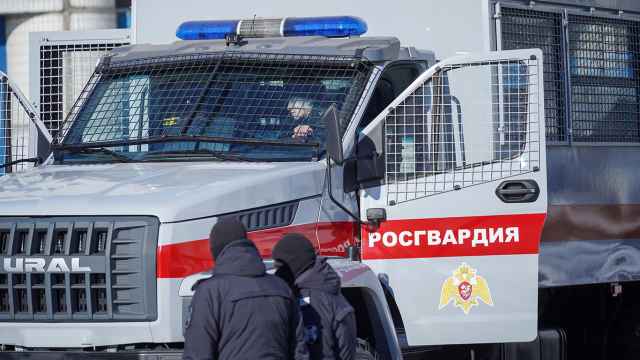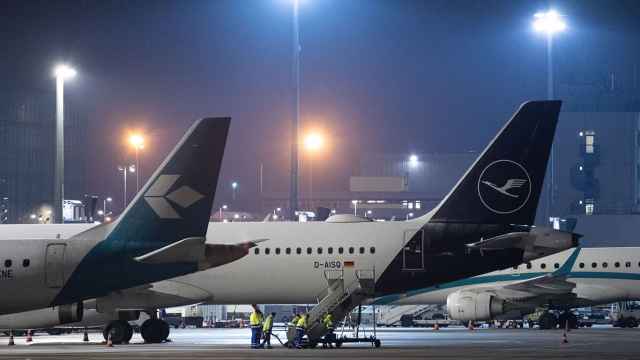Correction appended.
Chief Sanitary Inspector Gennady Onishchenko has proposed replacing Moscow's poplar trees with different types of trees due to the cotton-like fluff produced by poplar, which causes problems for those who suffer from asthma and allergies during the summer.
Onishchenko, who said the poplar trees' fluff was "irritating" to allergic people, has called for the renewal of a program to cut down poppy trees in the city.
But Onishchenko said further studies would be required to find proper trees to replace the poplars.
"Not every kind of tree could survive in the modern city," Onishchenko said, Interfax reported Monday.
According to Anton Kulbachevsky, a city official in charge of environmental management and protection, there are around 100,000 poppy trees in the capital. Moscow Mayor Sergei Sobyanin said in 2011 that his government would cut down all poplar trees.
Poplar trees first started to appear in large numbers during the rule of Soviet dictator Josef Stalin, who favored the tree for its rapid growth.
The tradition was followed by other Soviet leaders.
The title of a popular Soviet-era film — "Three Poplars at Plyuschikha Street" — paid homage to the poplar tree, as did a brand for strategic missiles called Topol (poplar, in Russian).
Correction:
Poppy trees are referred two on twice in this article. Poplar trees is the correct term.
A Message from The Moscow Times:
Dear readers,
We are facing unprecedented challenges. Russia's Prosecutor General's Office has designated The Moscow Times as an "undesirable" organization, criminalizing our work and putting our staff at risk of prosecution. This follows our earlier unjust labeling as a "foreign agent."
These actions are direct attempts to silence independent journalism in Russia. The authorities claim our work "discredits the decisions of the Russian leadership." We see things differently: we strive to provide accurate, unbiased reporting on Russia.
We, the journalists of The Moscow Times, refuse to be silenced. But to continue our work, we need your help.
Your support, no matter how small, makes a world of difference. If you can, please support us monthly starting from just $2. It's quick to set up, and every contribution makes a significant impact.
By supporting The Moscow Times, you're defending open, independent journalism in the face of repression. Thank you for standing with us.
Remind me later.






